The case of Marianne Bachmeier, who executed her daughter's killer in the courtroom
Categories: Europe
By Pictolic https://mail.pictolic.com/article/the-case-of-marianne-bachmeier-who-executed-her-daughter39s-killer-in-the-courtroom.htmlA young mother from Germany, Marianne Bachmeier, dreamed of becoming a famous model. But she became famous as a murderer, whose actions were silently approved even by the guardians of the law. This woman, not hoping for the triumph of justice, passed the sentence herself and executed the murderer and rapist of her 7-year-old daughter with her own hands.
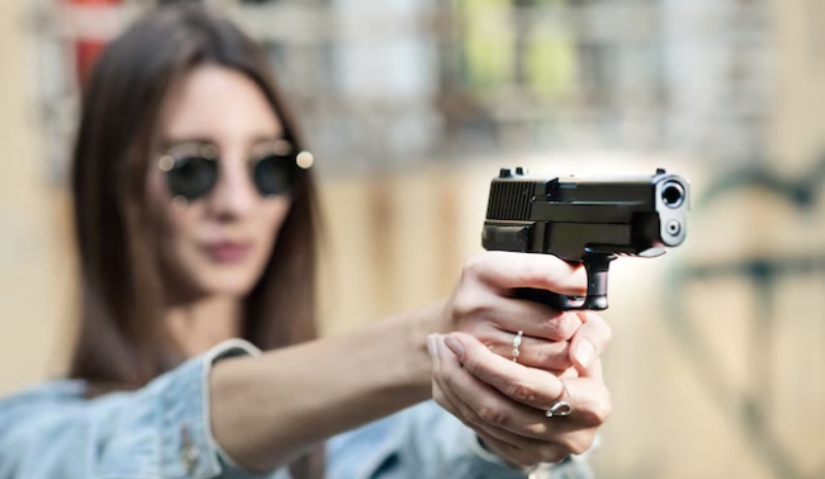
"He killed my daughter. I hope he's dead," were Marianne Bachmeier's first words in court after she fired seven shots from a Beretta pistol into the back of her daughter's killer on March 6, 1981. Her shots prompted German authorities to rethink security in courts across the country.
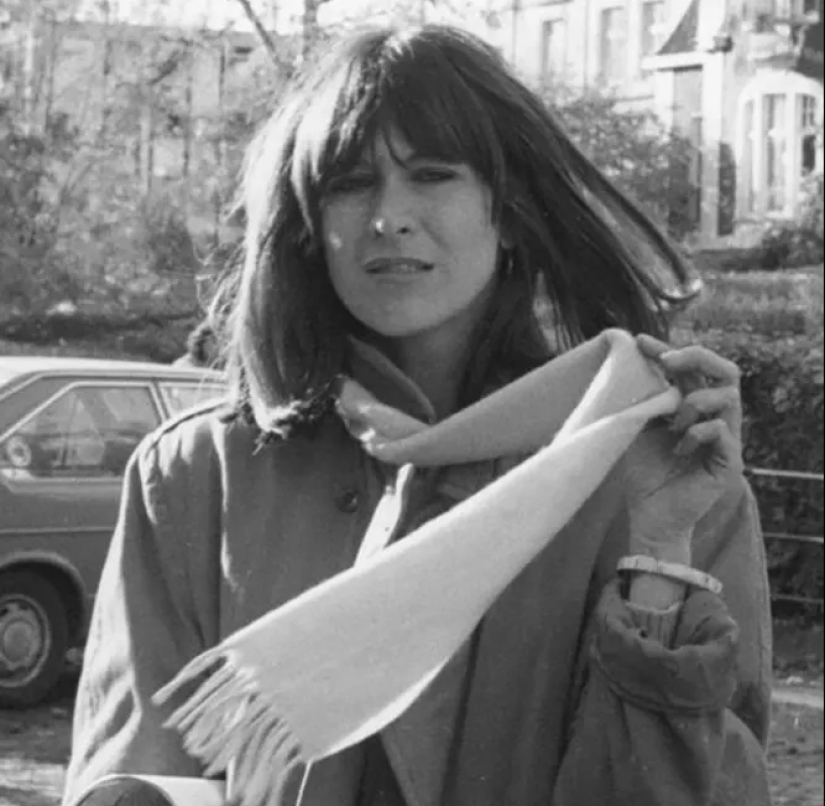
On March 2, 1983, Marianne was sentenced to six years in prison for manslaughter, qualifying it as unintentional. But even such a relatively lenient sentence outraged Germans, who demanded that Bachmeier be fully acquitted. The woman who had carried out the lynching served just over two years behind bars and was released. What prompted Marianne to take such a desperate step, if the criminal was already in the dock?
Marianne Bachmeier was born on June 3, 1950, in Sarstedt, a city in West Germany. Her family moved to Lower Saxony from East Prussia immediately after the war. Her father was an alcoholic and also a man with a “past” — a former member of the Nazi Party. Marianne’s mother divorced him when Marianne was still a child. After the divorce, her mother remarried, but her new husband was also cruel — he drank and beat his wife and stepdaughter.
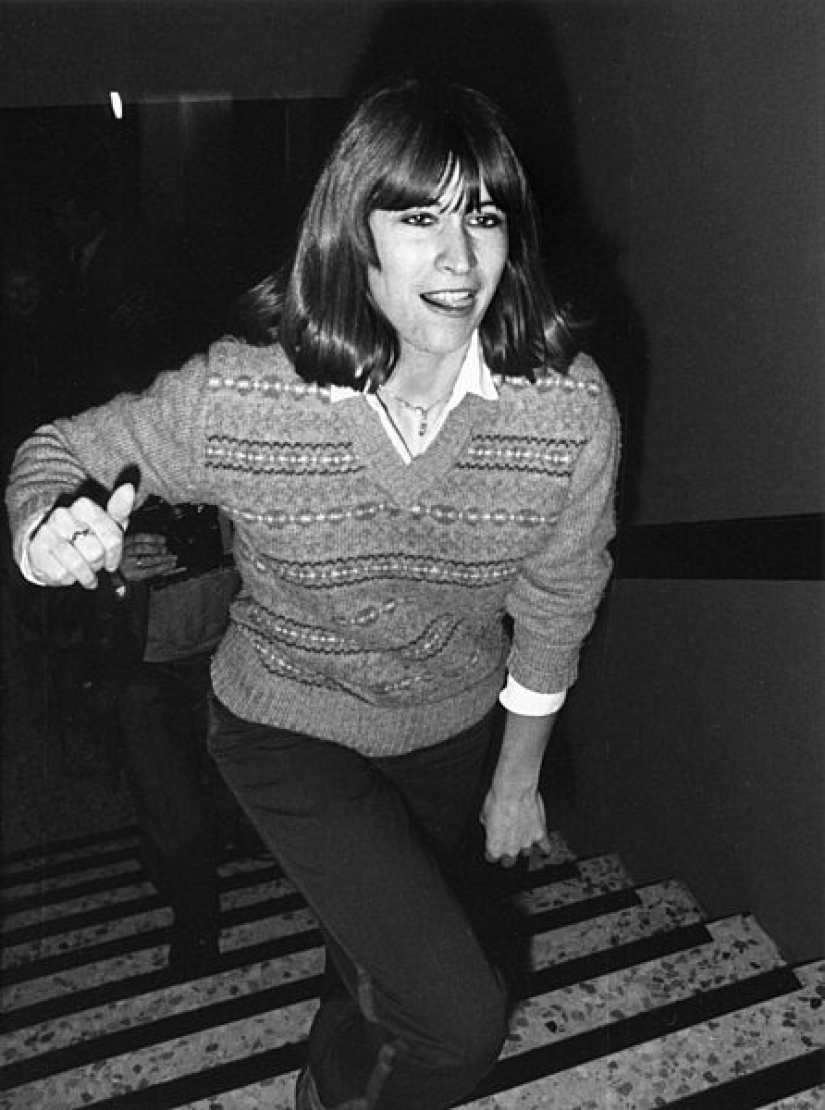
Constant scandals and fights in the family forced Marianna to leave home at the age of 16. She lived with friends, often falling into bad company. There she met a guy, from whom she soon became pregnant. But her boyfriend did not want to take responsibility and, without waiting for the birth of the child, left the girl.
Marianne gave birth to a girl, whom she named Christina. With no job or means of support, she gave her daughter up for adoption. In 1968, Bachmeier graduated from high school and became pregnant again. This time, she thought she could handle it: she was already 18, and her new partner seemed reliable. But, alas, he, too, abandoned her.
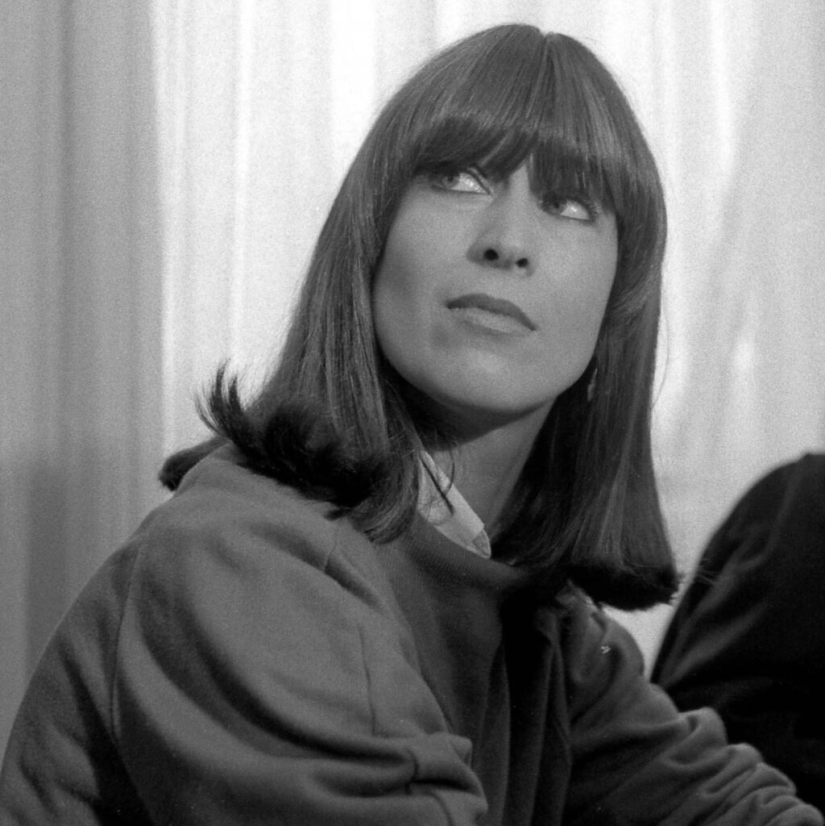
Shortly before giving birth, Bachmeier got into trouble. In the evening, she was attacked and raped. The perpetrator was found, but the court decided that Marianne had provoked the attack and gave the rapist a suspended sentence. This incident destroyed her faith in justice. Soon after the trial, Marianne gave birth to a second daughter, Natasha, whom she also gave up for adoption, since she had neither a job nor a place to live.
But after some time, a bright streak began in Marianne's life. She got a job at the Indian restaurant Tipasa in Lübeck, where she met the manager of the establishment, Christian Berthold. A serious relationship developed between them, and soon Marianne became pregnant for the third time. In 1972, she gave birth to another girl, whom she named Anna and gave her last name.
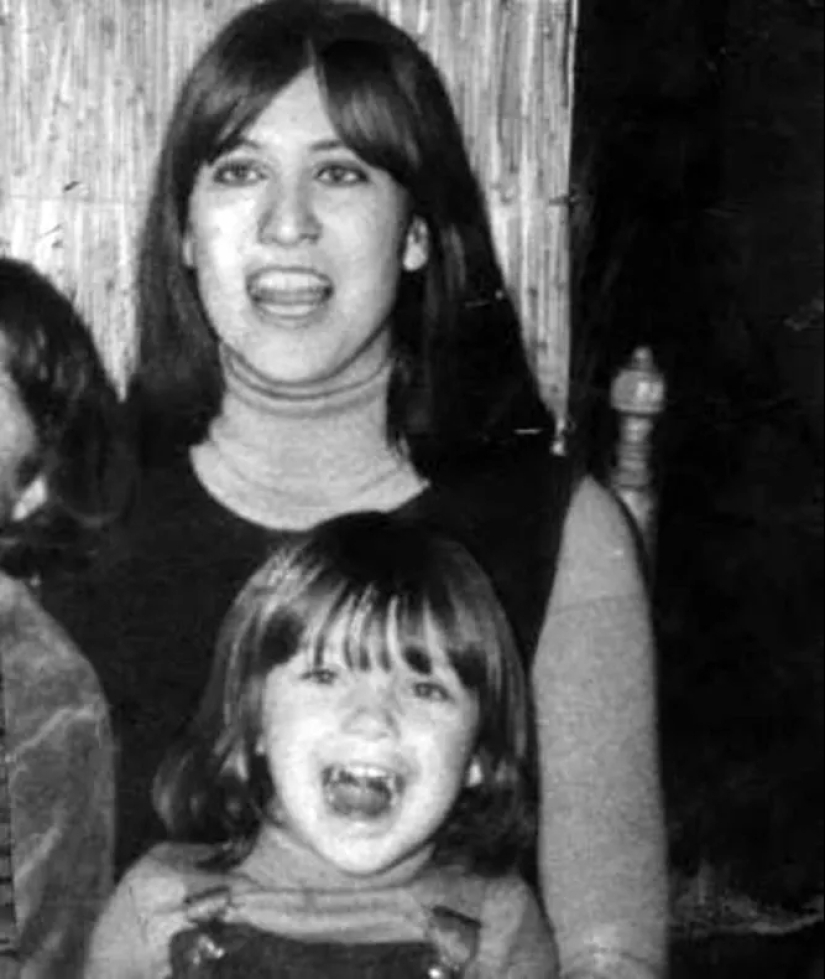
Despite her serious relationship with Christian Berthold, Marianne preferred to live separately with her daughter. Financial difficulties were a thing of the past: according to some sources, she received an inheritance and became a co-owner of the restaurant where she worked. But she still spent most of her time at work. Anna grew up as an independent and stubborn girl, often left unattended.
This independence eventually played a fatal role. On May 5, 1980, seven-year-old Anna had another fight with her mother. This time, Marianna decided to send her to school alone - which happened extremely rarely. Usually, she either accompanied her daughter herself or asked her friends to do so. But that day, instead of going to class, Anna went to visit a friend.
On the way, the girl was hailed by Klaus Grabowski, a local butcher. He was 35 years old, lived not far from Marianne and Anna, and worked in a slaughterhouse. He had a girlfriend, and they were planning to get married. Klaus seemed like a nice, friendly person, and his neighbors spoke only positively of him. Only the police knew about his dark past: he had been convicted of kidnapping a child and raping two girls who were barely nine years old at the time.
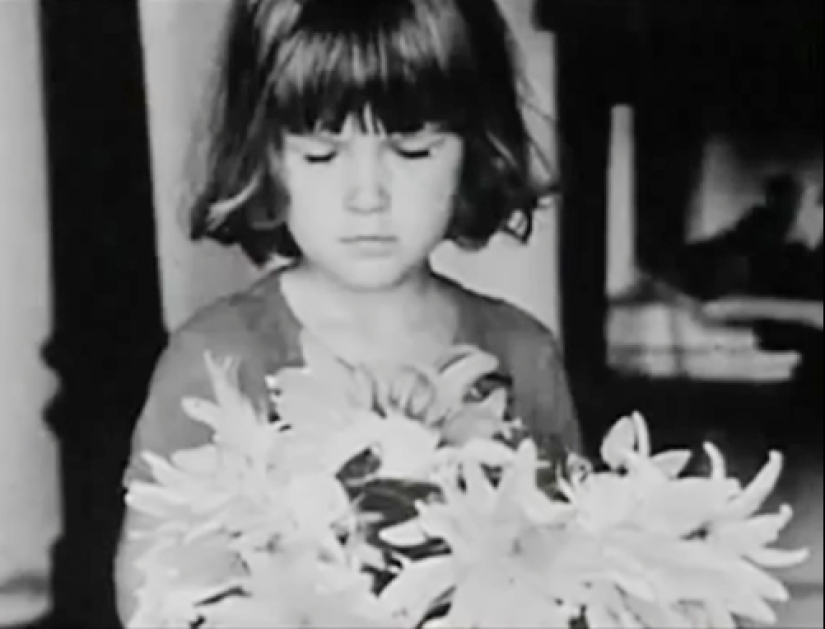
Klaus faced a long prison term, but he found a way to avoid it. He served only a short time, after which he agreed to take part in an experiment on chemical castration of pedophiles. Klaus was released on the condition that he regularly take drugs that suppress sexual desire.
Two years before the incident, he had filed a petition to cancel the treatment. Grabowski assured the court that he was no longer dangerous and was in full control of his criminal tendencies. He also said that he wanted to start a family. The court granted his request, exempting him from mandatory medication. Such leniency on the part of the German authorities was far from uncommon at the time, as evidenced, for example, by the case of Helmut Kentler.
Two years before the events described, he filed a petition to cancel the treatment. Grabowski assured the court that he was no longer dangerous and had completely overcome his criminal passion for little girls. In addition, he was planning to start a full-fledged family. The court went to meet the pedophile, exempting him from mandatory medication. Such leniency on the part of the FRG authorities was far from uncommon at the time, as evidenced, for example, by the case of Helmut Kentler.
On that May day, Anna, trustingly accepting the invitation of a butcher friend, went to his house to play with kittens. She did not even suspect that she would never leave that house again. Grabowski tortured the girl for several hours, and then strangled her with his fiancée's tights. After that, he hid the body in a large box and carried it to the river, where he hid it in the bushes.
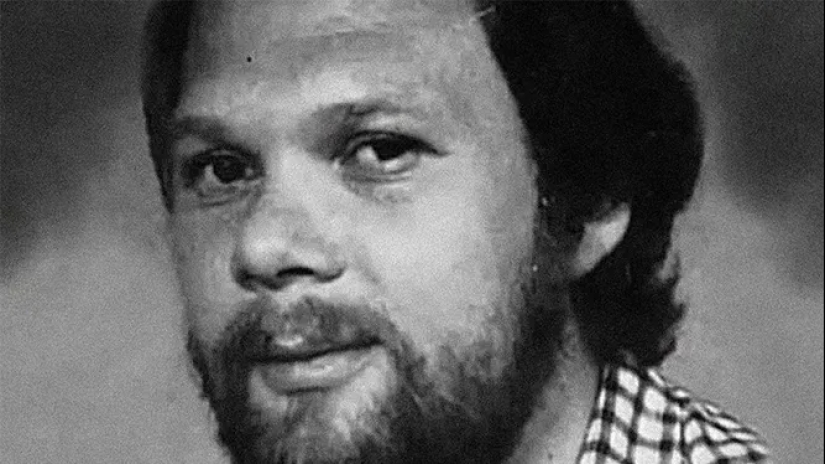
In the evening, the butcher's fiancée returned from work, and he immediately confessed everything to her. The woman immediately called the police, and Grabowski was arrested. By that time, Marianne had already filed a missing persons report with the law enforcement agencies. Grabowski, without trying to justify himself, immediately pointed out the place where he hid the box with the corpse.
Although the crime was quickly solved on the trail, the trial began only a year later, in March 1981. Grabowski, who immediately after his arrest had cried and asked for forgiveness, was transformed in the courtroom. He became self-confident, impudent, and clearly tried to protect himself. The butcher admitted to killing Anna Bachmeier, but categorically denied the rape.
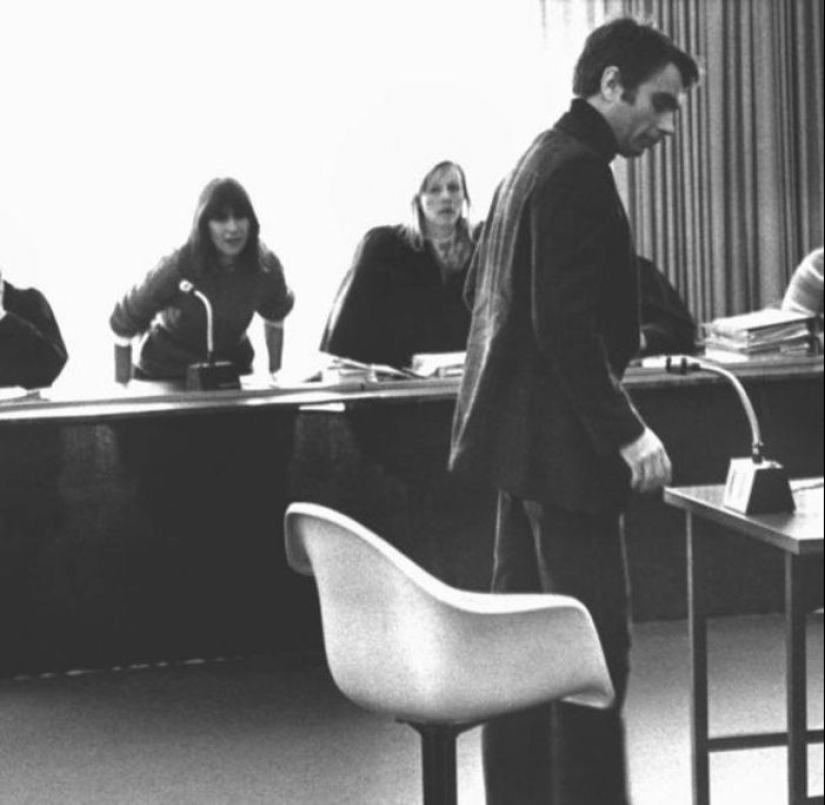
The scoundrel made up a story that the girl had come to him herself to blackmail him and demand money. He insultingly called his victim a "little slut" and portrayed himself as a sick person with mental problems, allegedly caused by drugs to suppress libido. Marianne Bachmeier did not miss a single hearing, but with each passing day her confidence that the murderer would escape just punishment grew stronger.
At the third hearing, Marianne, who was sitting behind the defendant, stood up, pulled a pistol from the folds of her coat and shot Klaus Grabowski seven times in the back. The butcher died on the spot. After that, Bachmeier calmly handed over the gun to the police and allowed herself to be handcuffed. She said:
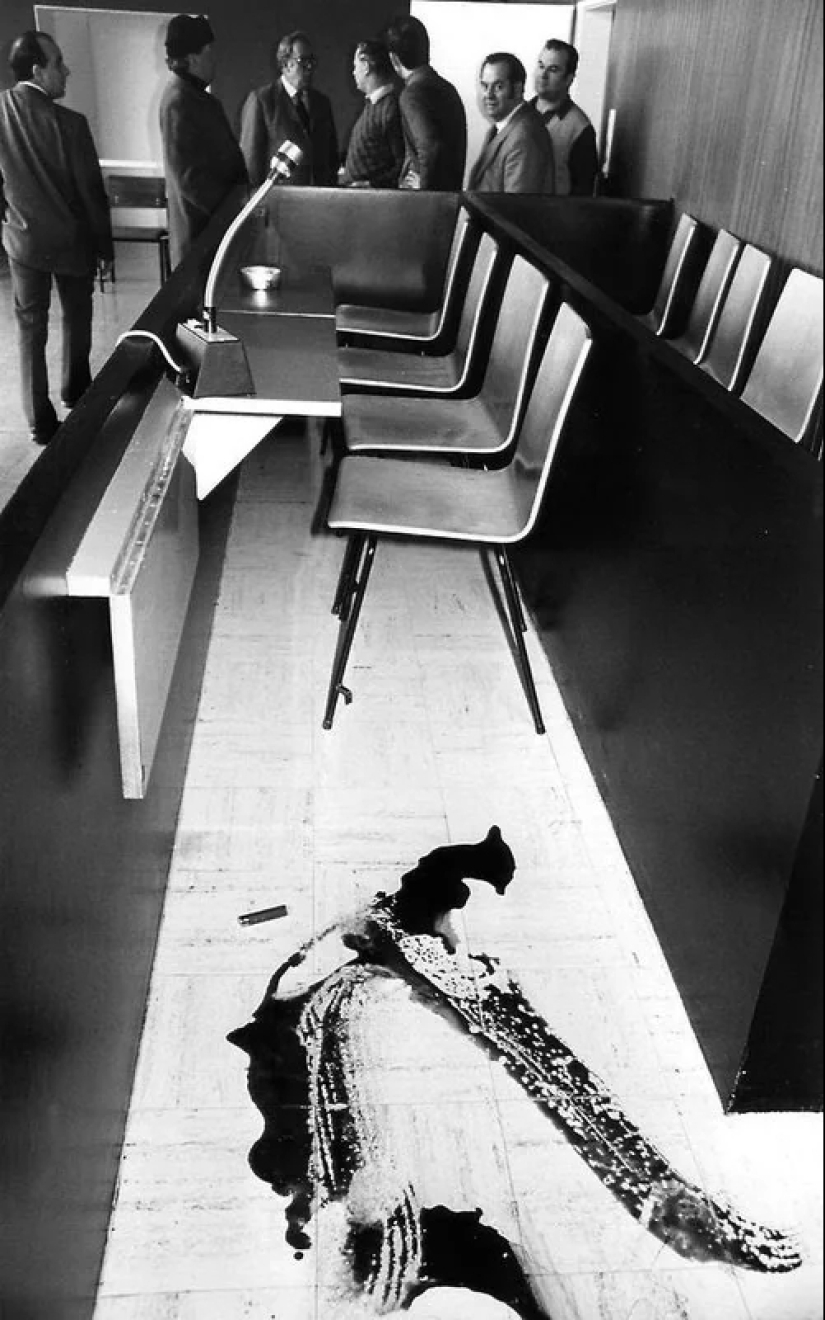
In 1981, it was easy to sneak a Beretta 70 automatic pistol into a courtroom. There were no metal detectors or hand-held metal detectors in use at the time. After the Bachmeier incident, security rules were revised, and everyone entering the courtroom was subject to thorough screening.
The Germans met Marianne Bachmeier's act with understanding, and journalists dubbed her "Mother of Vengeance." A support group raised 100,000 marks for her to hire an experienced lawyer, and it helped. The defense convinced the court that Marianne had been deeply depressed after her daughter's death and had initially bought the gun with the intention of committing suicide. The court found that the shots fired in the courtroom were spontaneous and committed in a state of insanity. The murder was classified as manslaughter.
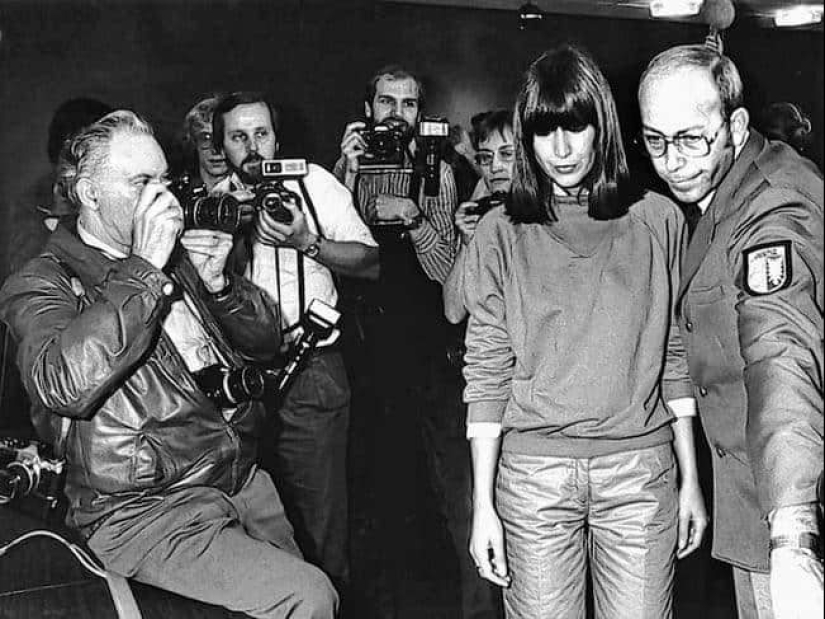
After serving a little over two years, Marianne was released. She later married a school teacher, and the couple moved to Ghana to work. In 1990, the marriage broke up, and the woman settled in Sicily, where she became a nurse in a hospice. She lived alone, devoting herself to caring for seriously ill patients. A few years later, she herself was diagnosed with cancer.
Marianne Bachmeier died on September 19, 1996. Shortly before her death, she met with a reporter from a well-known publication, who captured the last days of her life on photo and video. The "Mother of Vengeance" entrusted him with the full story of her life, without missing a single detail. Marianne's story became the basis for several books, films and plays. The woman was buried next to her daughter.
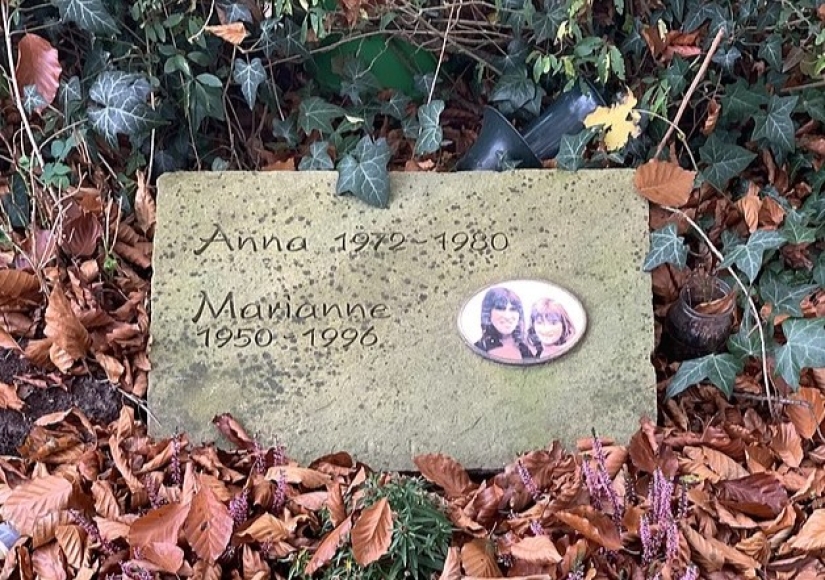
Do you think lynching is justified in situations like these, where the justice system may not provide a fair punishment? Or should the law remain unchanged, regardless of the circumstances? Share your thoughts in the comments!
Recent articles

Good old madness is here again, because we know how much you love everything unusual. And who wouldn't want to see what they never ...

We are used to the fact that modern technologies are actively developing. But not only science and technology are moving forward, ...

This woman combines disparate XVII century things — she was a nun, a rebel and a witch. It is shot from a bow, treat people ...